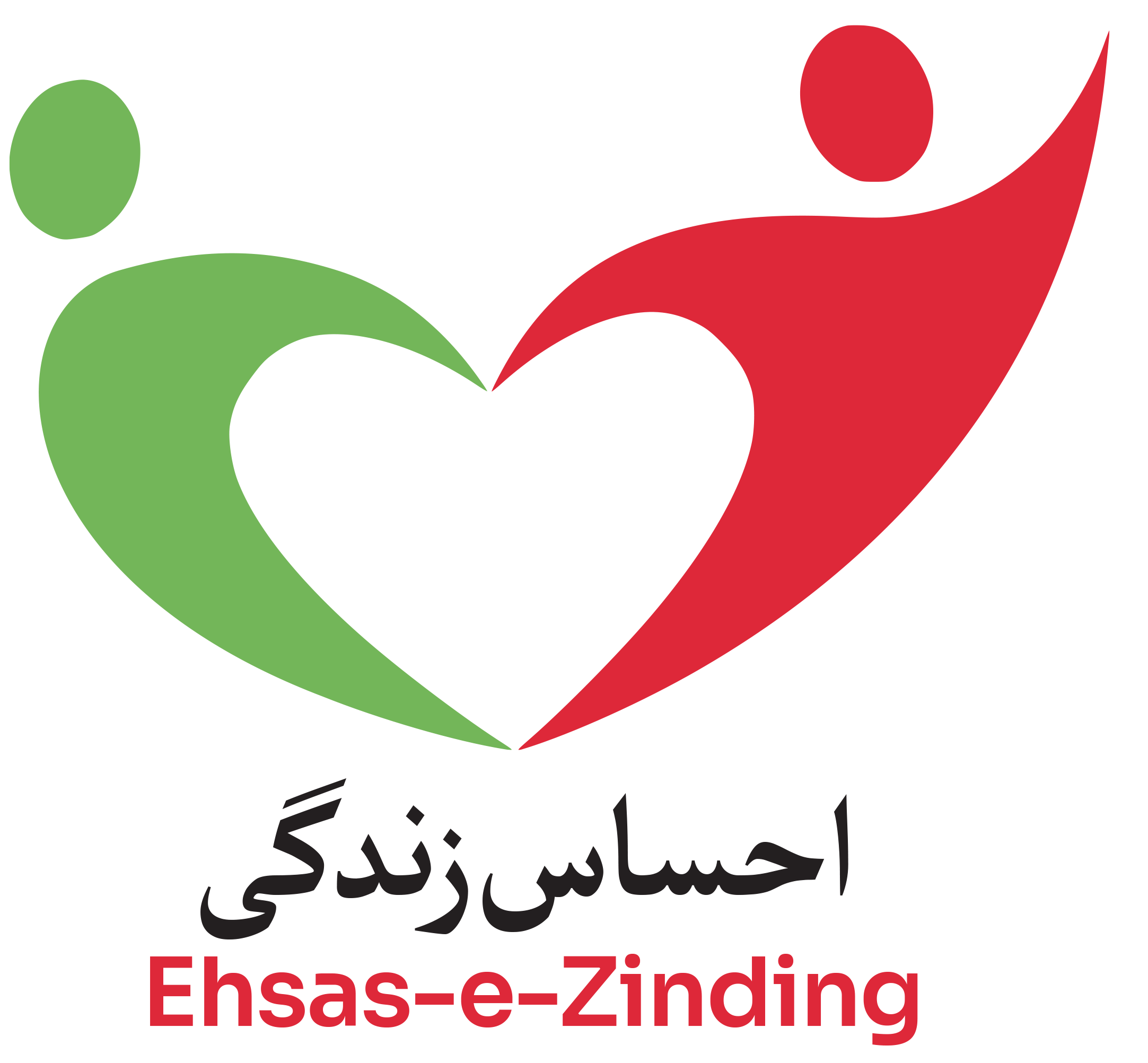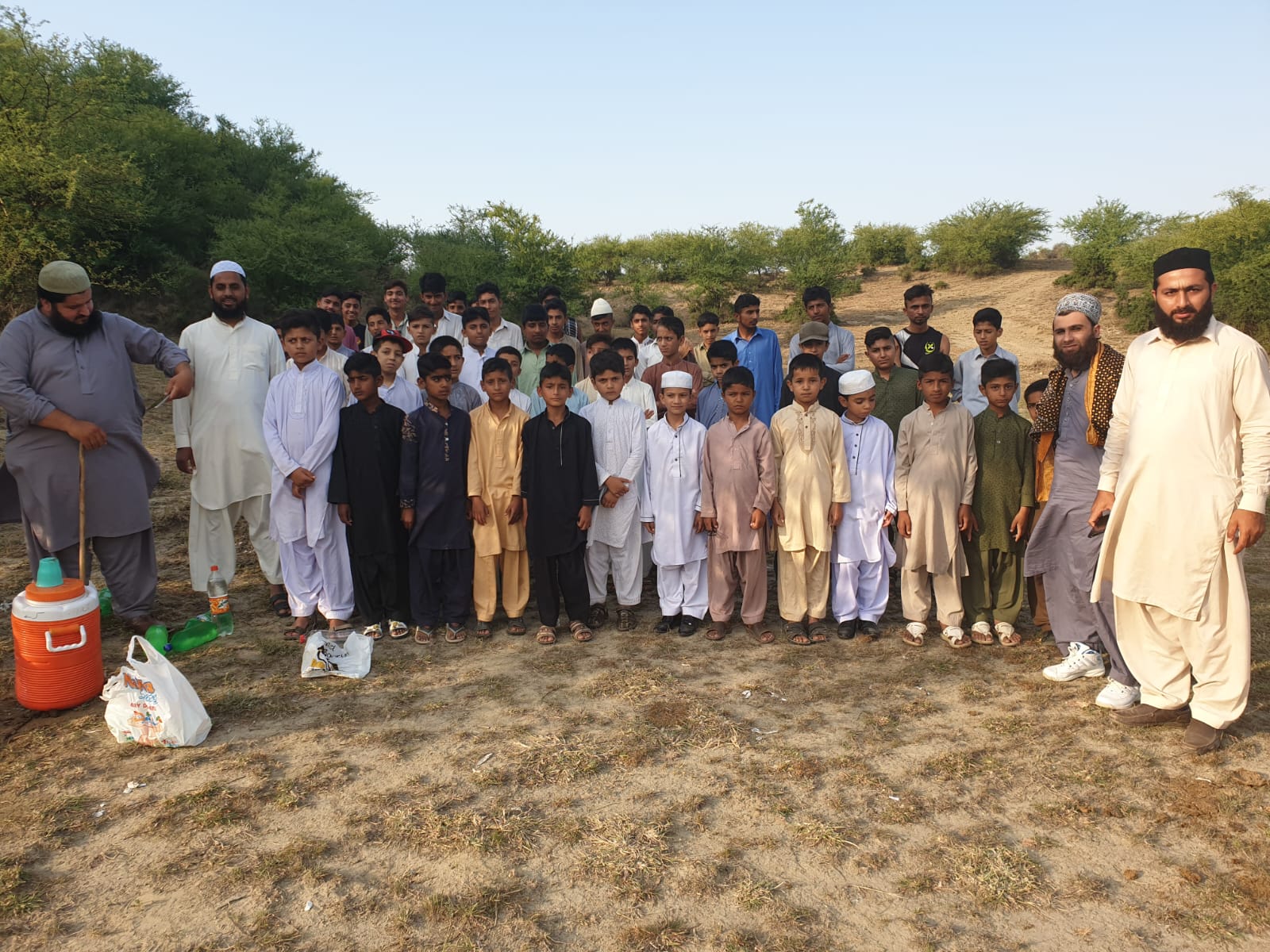Since 2017, Ehsase Zindagi has been dedicated to providing accessible, high-quality education—both Islamic and academic—in underserved communities. Our mission is to nurture future leaders through structured learning, moral development, and equitable opportunity.
Why Focus on Education?
Access to quality education remains a significant challenge in many rural and underserved areas of Pakistan. Children in these communities often grow up without basic academic foundations, limiting their future opportunities and reinforcing cycles of poverty. At Ehsaas-e-Zindagi, we believe that education is not just a tool for personal development, but a powerful driver of social change and community upliftment.
To address this critical issue, our team has launched an innovative education initiative that reimagines how and where children can learn. We have transformed existing community mosques into fully functional educational centers that serve as safe, structured spaces for children to learn, grow, and develop both spiritually and academically. These centers operate with a comprehensive and inclusive model that combines religious teachings with a strong academic curriculum, ensuring that students receive a well-rounded education rooted in both moral values and practical knowledge.
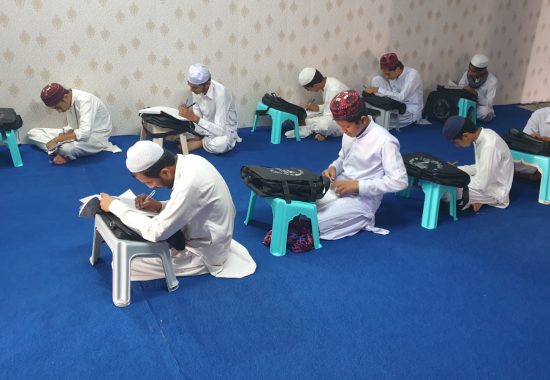
- Bring quality education directly to the heart of rural communities.
- Use familiar and respected community spaces, such as mosques, to create a trusted environment for learning.
- Bridge the gap between religious and modern academic education by offering an integrated 10-year curriculum.
- Instill discipline, ethics, and critical thinking skills in every student.
Each center is designed to provide a nurturing and inclusive environment where every child, regardless of their background, has equal access to learning opportunities.
What We Provide
Our initiative goes beyond textbooks and classrooms. We focus on the overall development of students and strive to remove every possible barrier to learning. Some of the core offerings include:
- Educational Infrastructure: Eight mosques have already been successfully converted into structured educational hubs equipped with basic classroom facilities, whiteboards, seating, and learning materials.
-
Curriculum Design: Students follow a carefully developed 10-year syllabus that integrates Islamic education (Quran, Hadith, Fiqh, and Akhlaq) with standard academic subjects like mathematics, science, languages, and social studies. This blend ensures students are prepared for both religious and worldly responsibilities.
The curriculum is age-based and structured using the UK key stage system:
Key Stage 1 (Ages 5–7)
Key Stage 2 (Ages 8–12)
Key Stage 3 (Ages 13–16)
Key Stage 4 (Age 16 and above)Each class runs for one hour, and to respect local cultural dynamics, boys’ and girls’ classes are conducted separately. On average, each mosque holds 5 to 6 sessions per day, Monday to Saturday.
Saturdays are dedicated to academic reinforcement, homework support, and confidence-building activities. Exams are held every four months, followed by result reports and parent-teacher meetings to discuss progress. - Qualified Educators: Our teaching staff consists of trained professionals who are not only well-versed in Islamic studies but also possess experience in modern pedagogy. Female teachers are also part of our faculty, promoting inclusive learning and encouraging girls to participate.
-
Healthy Activities: Recognizing the importance of physical and emotional development, we incorporate extracurricular activities such as sports, indoor educational games, storytelling sessions, and supervised outings to broaden the students’ learning experience.
Cricket tournaments between mosques to foster healthy competition
Board games and educational activities
Trips to local parks and historical places
Storytelling and confidence-building exercises
These activities enhance learning while giving children a safe space to explore, express, and grow.
Special Initiatives
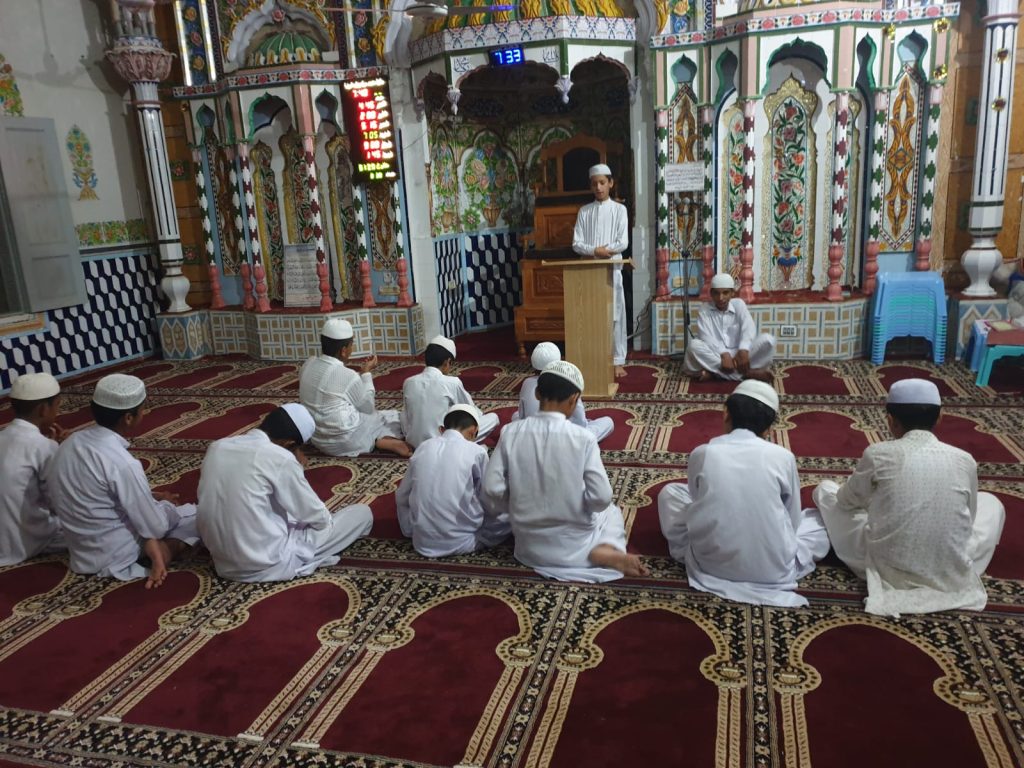
- Annual Achievement Awards: We organize yearly award ceremonies to recognize students’ academic efforts and dedication. These events motivate students and encourage parental involvement while promoting a culture of achievement.
- Darse Nizami Program: Started in 2021, this program offers structured Islamic education through online sessions led by scholars from the UK. It gives students access to higher-level religious learning and scholarly guidance.
- Child Protection Measures: All centers are equipped with CCTV cameras to ensure student safety. Regular monitoring and community participation help maintain a secure and transparent learning environment.
Our Vision for the Future
We are committed to scaling this model and bringing its benefits to even more communities. Our future goals include:
- Expanding the number of mosque-based learning centers across additional villages and towns.
- Launching scholarship and sponsorship programs specifically targeted at orphans and children from low-income families.
- Conducting regular teacher training workshops to improve teaching standards, with a focus on empowering more women to become educators within their own communities.
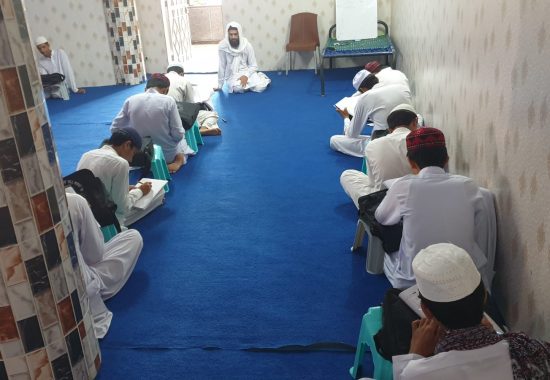
Support the Mission
Our education initiative is funded entirely through donations. Your contribution helps deliver quality education and meaningful opportunities to children who need it most.
“Educating a child is building the foundation for a stronger future.”
